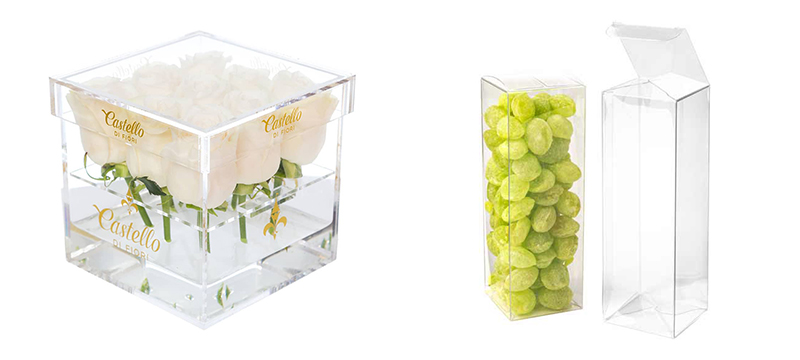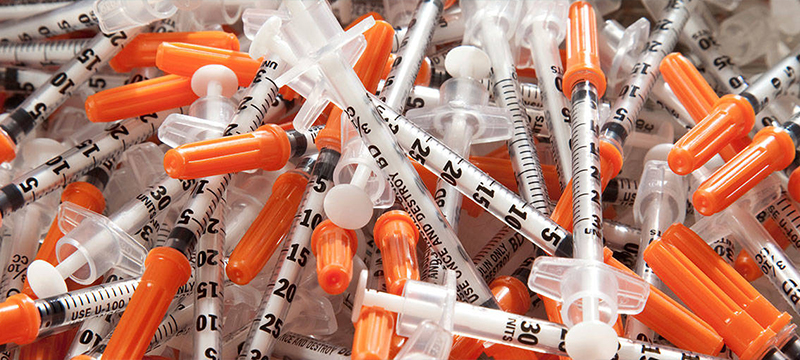It raises my great interest and concern about plastic wastes that we pour to our mother earth, as even in the North Pole it can be found. Today plastic, aside of great benefits brought to human society, is presenting a huge problem everywhere.
A report “Plastic everywhere – a history of wastes” can throw light on the situation by a concrete way, and here I would like to start from this work.

First, the introduction plunges us right into the heart of the subject. Through figures that leave us speechless and that can only motivate us to find pragmatic solutions to fight the pollution generated by this material which is at the same time practical and pollutant. Some figures are amazing:
- more than 8 billion tons of plastic have been produced since its appearance in 1950.
- if one were to imagine the volume of this production, it would correspond to a sheet of cellophane covering one and a half times the earth.
- half of these plastics were produced between the years 2002 and 2015
One thing is sure: we are laminating our planet and there is no global strategy to reduce this production. Also, add to that once produced, this raw material is too precious to be thrown away. There is therefore, for many people even like me, no interest in finding recyclable plastics in a process of incineration commonly called energy recovery.
Indeed, although we are aware that plastic has a very detrimental effect on ourselves and our environment, we must recognize, that it overwhelms us and is omnipresent in our daily lives… Kitchen containers, food packaging, footballs, toys, components of our electrical / electronic appliances of our cars, and so on… It would be impossible for me to draw up an exhaustive list as the list is terribly long.
Because yes, it must be recognized, the plastic also has several advantages and it is surely why it is so successful:
lightweight
polyvalent
solid
flexible
less fragile than other materials
convenient
cheap
Indeed, it would for example be difficult to imagine the medical world without plastic. In this sector, its very ephemeral use is essential to guarantee care and rapid interventions using tools and instruments that require obligatorily to be sterilized. For this reason, I am neither the friend nor the enemy of the plastic but I am on the side to strongly limit its production and modify the use that we make of it in various fields.
For example, I use a plastic card holder (recyclable) in everyday life, offered in 2013 by my mom when I graduated and went to France. It is therefore plastic and has been thought and manufactured intelligently in order to last in time. A very practical everyday object, because we do not veil the face. We all know that this criterion is very important in the choice we make when we buy something. I will add a single flat and this concerns its packaging. Needless, or in another material different than plastic.
For me, this type of product has its place in our society. Then, the major problem we face is that we created something practical and magical without worrying about the disastrous outcome that would be left.
To curb and regulate its production, international political decisions are essential. That is why it is also important to improve and locate recycling as often as possible. Because it is too easy to point finger to some countries (often not very rich) without helping them or provide them with effective solutions to reduce this plastic pollution or we find mostly packaging. In this case China is a very good example, once been so poor and was destination of many imported plastic wastes but with endless efforts managed to build a recycle system.
Another problem that is often forgotten is that plastic is valuable. For many professionals, its unique use is much more profitable compared to multiple use. One example is the Coca Cola group, which has little use of the deposit system – compared to the volume of its sales. The generalization of returnable bottles is no longer a priority, which was not the case before. However in common moral it should be a kind of responsibility for big corporation like this.
Plastic is everywhere. Due to the relocation of many factories for product cost / labor reasons, Asia has received many fabricate capacities from western countries. Suddenly, when these same products end up as waste, they go the other way to be treated and recycled by same countries westerners often point finger to, China as well as Vietnam.
The most important thing today, if we want to do something to at least make the situation better, is not just sit there criticizing others, but to work together to find out better method of usage of plastics. As fabricant in China, using recyclable plastics presents no difficulty however as buyer and customers, the importers should also contribute their effort instead of only concerning about economic benefits. Reduce the use-and-throw kind of plastic package and accept recyclable plastic products – which is a little more costy than common ones – can bring great contribution to save the earth.








